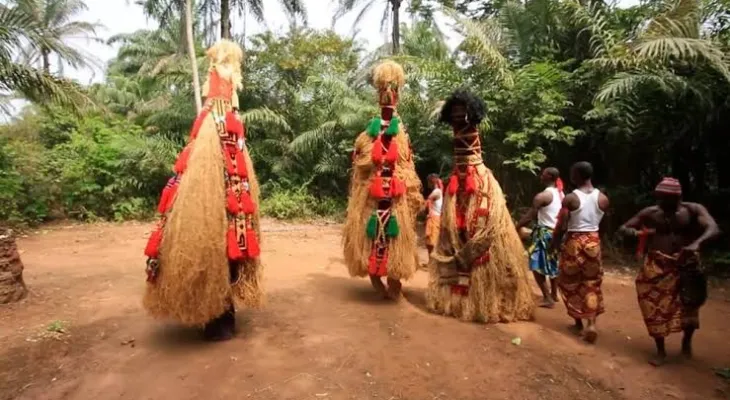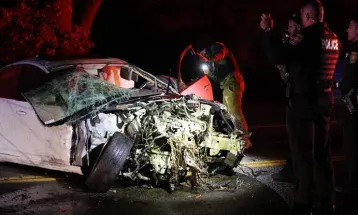
Activists Urge Government to Restore Masquerade and Lantern Traditions
Sierra Leonean activist Joseph Bassie, alongside others, has called on the government to lift the six-year ban on masquerade dances and lantern parades. The ban, imposed by the administration of President Julius Maada Bio, was implemented to curb the violence and disorder reportedly associated with these cultural events.
Bassie and fellow advocates have signed a petition emphasizing the cultural importance of these traditions, urging the government to explore alternative solutions to ensure public safety while preserving the country’s heritage.
“The government, communities, and cultural leaders must collaborate to revive these traditions responsibly and safely,” the petition states. It further highlights that lifting the ban would reinforce Sierra Leone’s rich cultural identity while addressing safety concerns effectively.
The masquerade dances, rooted in the practices of secret societies, have historically served as a form of celebration and rites of passage in rural Sierra Leone. They later gained popularity in urban areas like Freetown, particularly in Krio communities, as a way to honor ancestral Yoruba roots. Similarly, lantern parades, introduced in the 1930s during British colonial rule, became a cherished tradition observed on the eve of Independence Day and the end of Ramadan.
While some Islamic scholars discouraged lantern parades as incompatible with their faith, the independence eve celebrations continued until the government’s ban six years ago.
Advocates argue that the ban suppresses the cultural rights of a significant segment of the population. They propose community-led initiatives and public awareness campaigns to ensure the safe continuation of these traditions without political interference or violence.
The petition underscores the need for media involvement to reshape public perceptions and calls for a balanced approach that respects both safety concerns and cultural heritage.
Despite the restrictions, some communities continue to celebrate these traditions locally, though they are barred from entering central urban areas. Advocates hope the government will reconsider its stance and support the revival of these significant cultural practices.




















